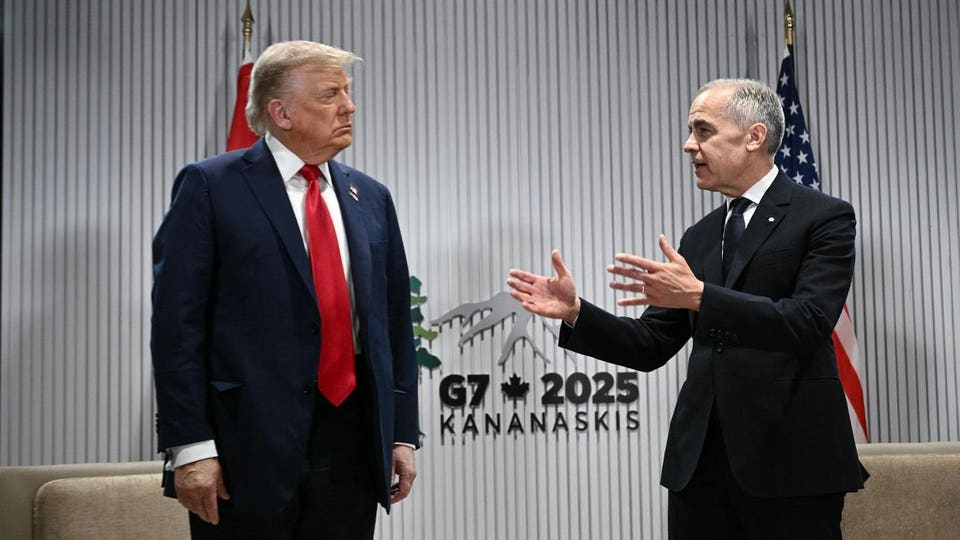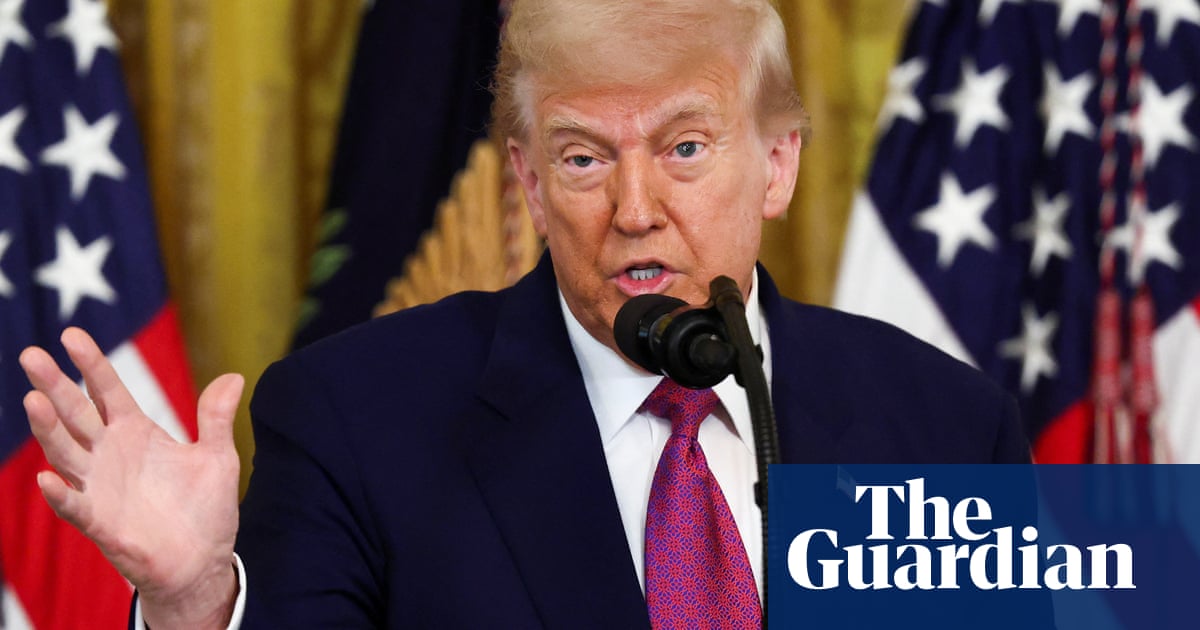Trump Announces 35% Tariff on Canadian Imports Amid Fentanyl Concerns

President Donald Trump revealed plans on Thursday to impose a 35% tariff on goods imported from Canada, effective August 1. This decision is expected to heighten trade tensions between the United States and its northern neighbor. In his announcement, Trump accused Canada of failing to effectively manage the flow of fentanyl into the United States and criticized the country’s trade policies.
In a letter addressed to Canadian Prime Minister Mark Carney, Trump outlined his reasoning for the increased tariff, which marks an escalation from the previous 25% levy he imposed in March. The letter emphasized that Canada’s inability to curb drug trafficking was a primary factor in the decision. Trump stated, “Instead of working with the United States, Canada retaliated with its own tariffs.”
The letter also included a warning that if Canada increases its tariffs on U.S. goods, the United States would respond by raising its own tariffs accordingly. Trump expressed concerns about the trade deficit with Canada, calling it a potential threat to both the U.S. economy and national security. He pointed to both tariff and non-tariff barriers that he believes hinder fair trade between the two countries.
Trump concluded his correspondence with an offer to reconsider the tariff rate. He indicated that adjustments could be made, either upward or downward, based on Canada’s cooperation in addressing the fentanyl issue. This statement reflects ongoing tensions and the complexities of international trade relations.
As the situation develops, the implications of these new tariffs could extend beyond economic concerns, affecting diplomatic relations between the United States and Canada. The announcement further illustrates the broader challenges facing trade agreements and cooperation in addressing pressing issues such as drug trafficking and economic stability.






